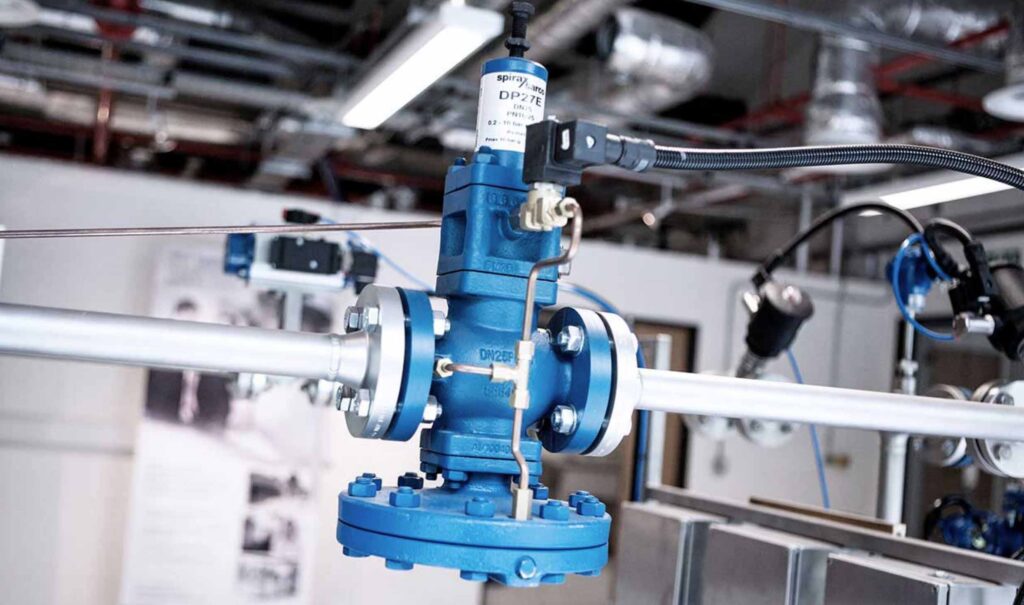Industrial valve manufacturers play a pivotal role in the advancement of fluid control systems across various industries. Their continuous innovation ensures that fluid management is more efficient, reliable, and adaptable to the ever-evolving demands of modern applications. Here is how these manufacturers drive innovation in this crucial sector.
Embracing Advanced Materials:
One of the significant ways industrial valve manufacturers innovate is through the development and use of advanced materials. Traditional valve materials like cast iron and bronze are being supplemented with high-performance materials such as stainless steel, titanium, and advanced composites. These materials offer enhanced resistance to corrosion, extreme temperatures, and high pressures. By leveraging these materials, manufacturers improve the longevity and reliability of valves, thereby reducing maintenance costs and downtime.
Integrating Smart Technologies:
The integration of smart technologies is revolutionizing fluid control systems. Manufacturers are incorporating sensors, actuators, and control systems into valves to create smart valves that provide real-time monitoring and control. These smart valves can communicate with other system components, offering predictive maintenance alerts, performance data, and operational insights. For example, valves equipped with pressure and temperature sensors can automatically adjust their settings to optimize flow rates and prevent system failures. This level of automation and data integration enhances operational efficiency and safety, allowing for more precise and responsive fluid management.

Focusing on Energy Efficiency:
Energy efficiency is a critical concern in industrial operations, and Dombor industrial valve manufacturers are addressing this need through innovative designs. Modern valves are being engineered to minimize energy consumption and reduce operational costs. For example, low-leakage valves help to prevent energy loss in steam systems, while energy-efficient actuators and controllers ensure optimal performance with minimal power consumption. Manufacturers are also developing valves that can handle a wider range of fluids and operating conditions with higher efficiency, thereby contributing to overall energy savings in industrial processes.
Enhancing Design and Manufacturing Processes:
Advancements in design and manufacturing technologies also play a significant role in driving innovation in valve production. The adoption of computer-aided design CAD and simulation tools allows manufacturers to create more complex and efficient valve designs. Additionally, additive manufacturing, or 3D printing, is being used to produce intricate valve components with reduced lead times and lower costs. These technologies enable the creation of custom-designed valves tailored to specific applications, improving performance and reliability.
Expanding Application Range:
Finally, industrial valve manufacturers are expanding the range of applications their products can handle. This involves developing valves that can manage increasingly complex and diverse fluids, from highly corrosive chemicals to viscous slurries. By broadening their product offerings, manufacturers cater to a wider range of industries, including petrochemical, pharmaceutical, water treatment, and food processing. This adaptability ensures that fluid control systems can be optimized for specific industry needs and challenges.
Industrial valve manufacturers drive innovation through the adoption of advanced materials, smart technologies, energy-efficient designs, modern manufacturing processes, adherence to safety standards, and expansion into new application areas. These innovations not only enhance the performance and reliability of fluid control systems but also contribute to overall operational efficiency and safety in industrial processes.
